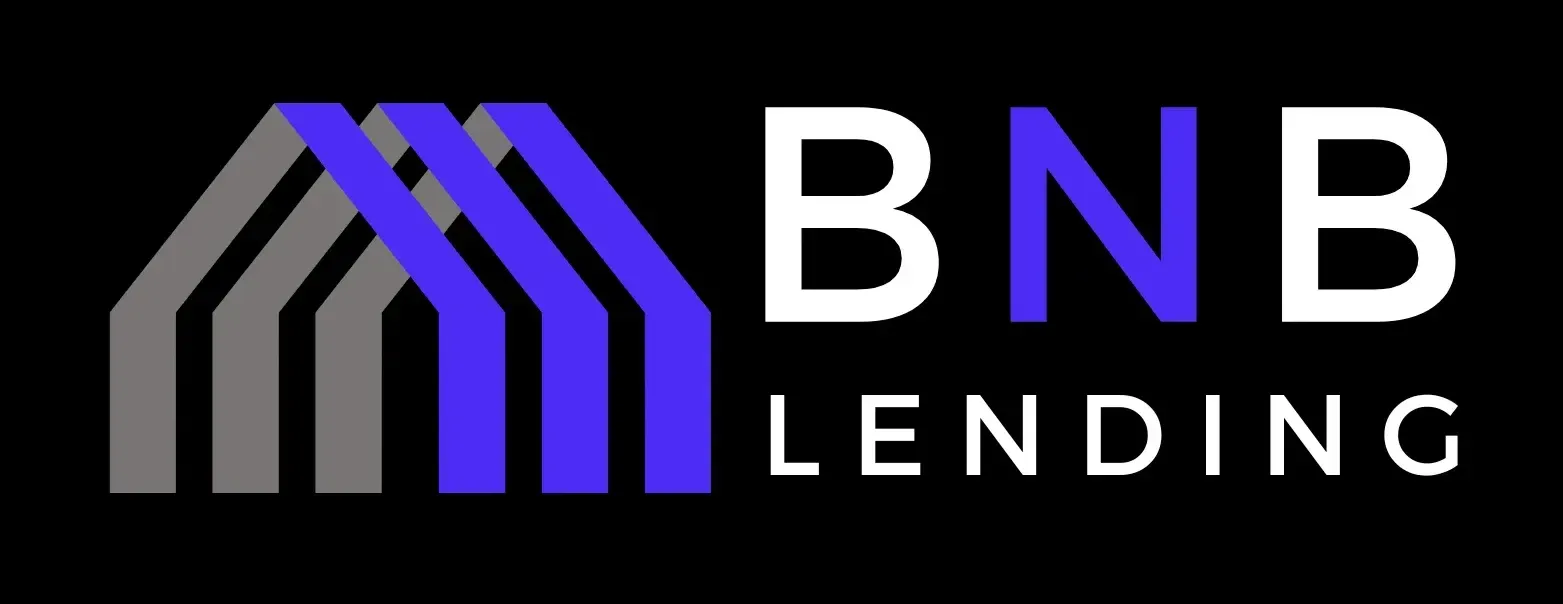
North Carolina DSCR Loans for STR Financing
Grow Your Portfolio with DSCR Loans
Whether you're purchasing STRs in Asheville, long-term rentals in Raleigh, or multifamily units in Charlotte, our DSCR loans give North Carolina investors flexible, asset-based financing with competitive rates. These loans use your property’s rental income—not your personal income—to determine eligibility. We evaluate cash flow to ensure the asset can support its loan obligations. North Carolina’s growing population and booming rental markets make it an excellent choice for both new and experienced investors. DSCR loans allow you to move fast, qualify easily, and grow your portfolio without getting tied up in traditional income verification.
How to qualify
To obtain a quote, we will need the following information:
Property Value and
Purchase Price
Down Payment
Amount
Credit Score
Asset Types
- Single Family Homes
- Townhomes
- Condos
- 2 - 4 Units (Duplex, Triplex, Quadplex)
- Multi-Family: 5 - 8 Units
- Mixed-Use: 2 - 8 Units
- Multi-Family: 9+ Unit
Loan Terms
- Loan Sizes:
$100k up to $3.5 Million (Larger loan sizes available on a case by case basis)
- Purchase LTV:
Up to 85%
- Rate & Term Refinance LTV:
Up to 80%
- Cash Out Refinance LTV:
Up to 80%
- Amortization:
30 Year % 40 Year Amortization Options Available
- Term Lengths:
5/6 ARMs, 7/6 ARMs, 10 Year Interest Only, 30 Year Fixed & 40 Year Fixed
- Floor Rate:
5.50% (subject to change daily due to market volatility)
- Full Recourse
with personal guarantee required for all borrowers with majority ownership (typically 20%+ or 25%+ if closing in an Entity)
- DSCR Requirement: 1.00x or greater depending on loan size and property type. Sub-1.00x DSCR and NO DSCR options available.
- Vesting:
Lending to Individuals, LLCs, and Corporations. Trusts Allowable on a Case by Case Basis.
- Average Time to Close:
14 to 35 days
Wondering if you qualify for investment property financing in your area?
Frequently Asked Questions
What is a DSCR loan and how does it work for North Carolina real estate investors?
A DSCR loan (Debt Service Coverage Ratio loan) is a financing option that qualifies real estate investors based on the income a property generates rather than their personal financials. Lenders evaluate whether the rental income covers monthly loan obligations like the mortgage, taxes, and insurance. This is especially valuable for investors operating through LLCs or managing multiple rentals. In North Carolina markets like Charlotte, Raleigh, and Asheville, where both STRs and long-term rentals perform well, DSCR loans offer a fast, asset-based path to growing a real estate portfolio.
How is DSCR calculated in a typical loan scenario?
North Carolina investors calculate DSCR by dividing the property’s net operating income (NOI) by the total annual debt obligations. If a rental in North Carolina earns $90,000 and its yearly loan costs total $75,000, the DSCR is 1.20. This means the income exceeds debt by 20%, which strengthens financing eligibility. A DSCR of 1.00 is typically the lender minimum in North Carolina, but higher ratios are favored—especially in areas like Charlotte, Raleigh, and Asheville. Understanding DSCR in North Carolina allows real estate investors to measure rental performance, predict loan outcomes, and target profitable opportunities.
What is considered a good DSCR ratio for North Carolina investors when applying for financing?
In North Carolina, a DSCR of 1.20 or higher is typically considered a strong financial benchmark. While a 1.00 DSCR may meet the bare minimum for loan approval, it doesn’t offer much room for error or income fluctuations. A 1.20 DSCR in North Carolina signals that your rental property generates enough income to safely cover the loan—plus a margin of safety. Whether you're investing in Charlotte, Raleigh, or Asheville, understanding DSCR expectations in North Carolina helps real estate investors structure deals that appeal to lenders and support long-term growth.
Can I qualify for a DSCR loan if my personal income is limited?
Yes, you can qualify for a DSCR loan even if your personal income is limited. DSCR loans, often referred to as Airbnb loans when used for short-term rental properties, are designed to approve borrowers based on the income the property generates—not personal W-2s, tax returns, or debt-to-income ratios. Lenders calculate the property's debt service coverage ratio to determine if the income is sufficient to support the loan. As long as the DSCR meets the required threshold—usually 1.00 or higher—you can often be approved regardless of personal income. This makes Airbnb loans ideal for self-employed investors, business owners, or anyone scaling a rental portfolio without relying on traditional underwriting standards.
How does a lender evaluate rental income when approving a DSCR loan?
North Carolina lenders evaluate DSCR loans by examining how much income a property earns through rentals—not how much the borrower earns personally. In North Carolina, acceptable documentation includes lease agreements, rent analyses, or STR reports. Lenders calculate the DSCR by dividing net operating income by annual debt payments. If the ratio meets or exceeds 1.00, most North Carolina investors can qualify without tax returns. DSCR loans in North Carolina are a strong option for portfolio builders. Understanding how rental income is evaluated in North Carolina ensures your investment qualifies based on the asset’s performance alone.
What’s the minimum debt service coverage ratio required for approval?
North Carolina lenders typically require a minimum DSCR of 1.00, meaning the rental income must fully cover the property’s debt obligations. In some cases, North Carolina lenders may approve a DSCR as low as 0.75, though this usually involves strong reserves or borrower experience. A DSCR of 1.20 or higher is considered favorable in North Carolina, especially in active STR and rental markets like Raleigh, Asheville, and Charlotte. DSCR loans in North Carolina appeal to self-employed investors and portfolio builders. Understanding North Carolina’s DSCR minimums helps structure financing around reliable income and strong property performance.
Who should consider using a DSCR instead of a traditional loan?
These loans are perfect for self-employed individuals, LLCs, and investors managing multiple properties. DSCR loans in North Carolina allow borrowers to use property income as the basis for approval, bypassing traditional income verification. From Charlotte to Asheville, North Carolina real estate investors use this financing model to close quickly and grow without the usual red tape. North Carolina markets are well-suited to DSCR-based scaling strategies.
Looking to expand your rental portfolio beyond North Carolina? You can access the same streamlined DSCR financing in nearby Southeastern markets like Virginia , Tennessee , Georgia , and South Carolina , giving you flexibility to scale across high-demand regional markets.
Disclaimer: DSCR loans are specialized real estate financing products and may differ from traditional mortgage loans or non-QM loans. Program terms, rate options, LTV limits, refinance opportunities, and rental property requirements can vary by lender. Some offerings may consider rental income, bank statement documentation, or other alternative guidelines used by DSCR lenders. All details provided here are for general information only and may change as market conditions, capital availability, and mortgage guidelines evolve. Always consult a qualified lender or financial professional before making investment or mortgage decisions.



